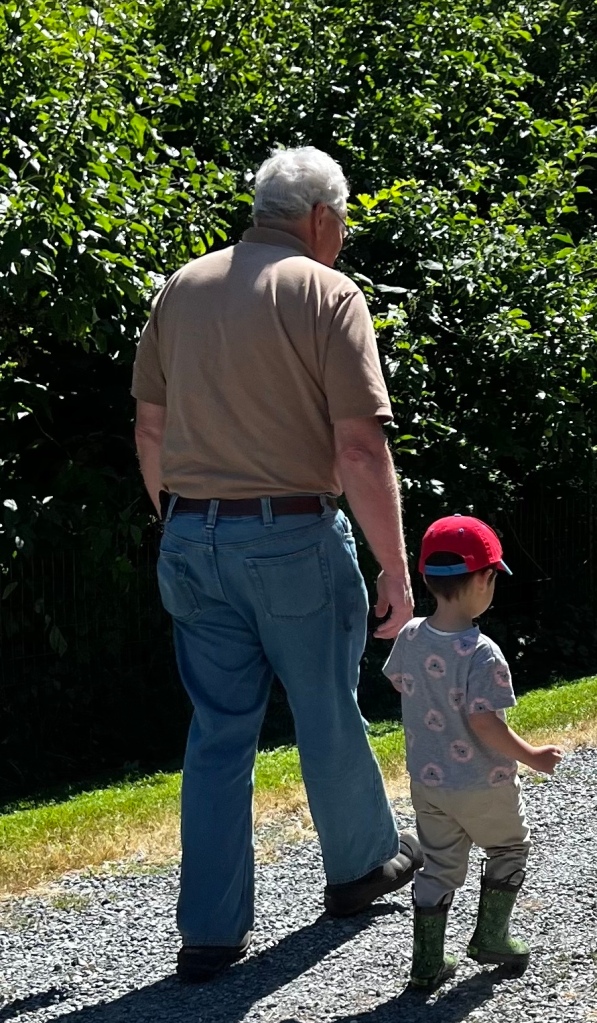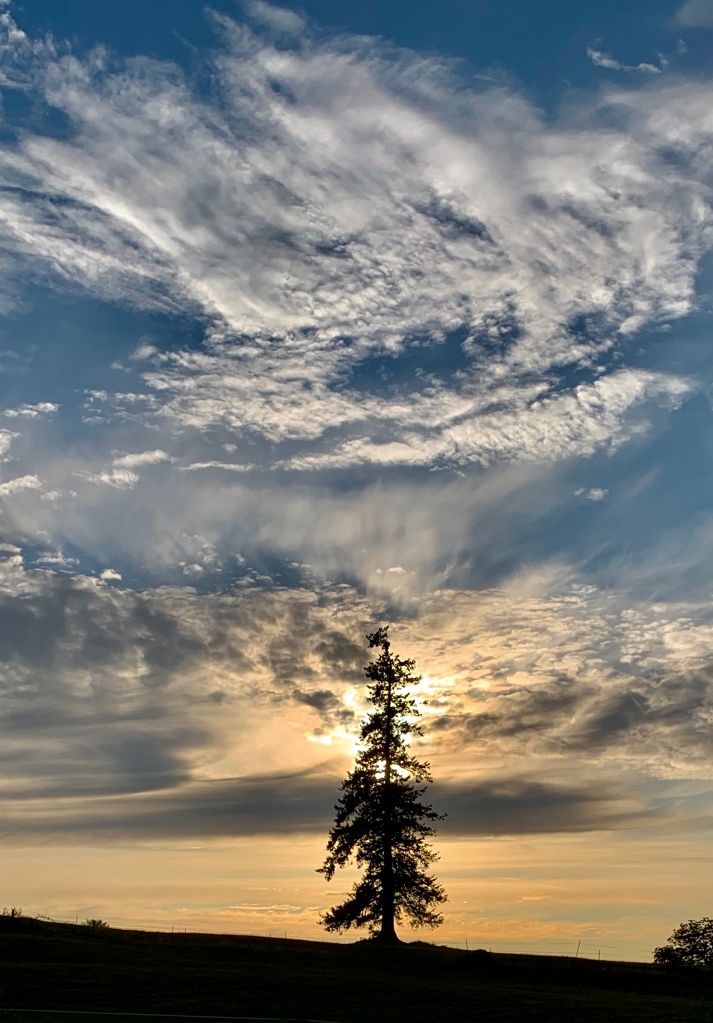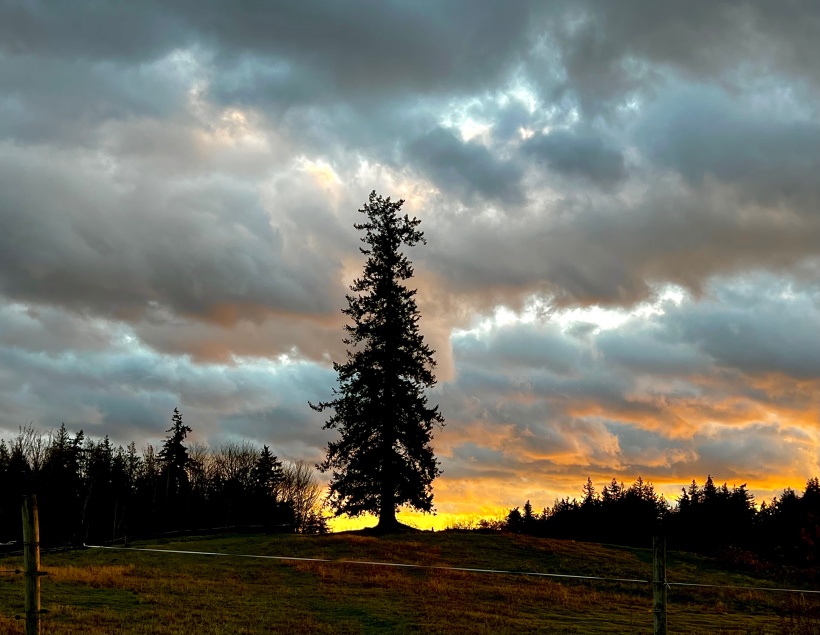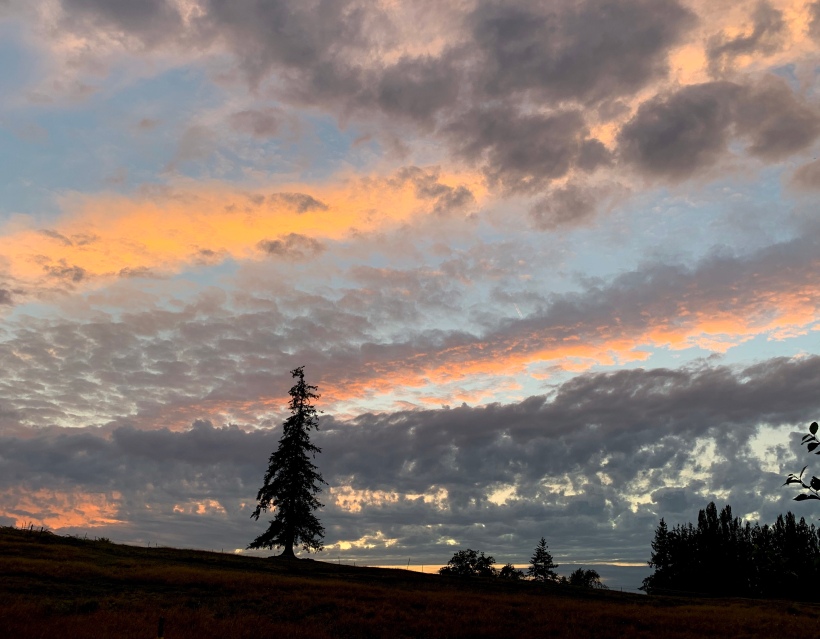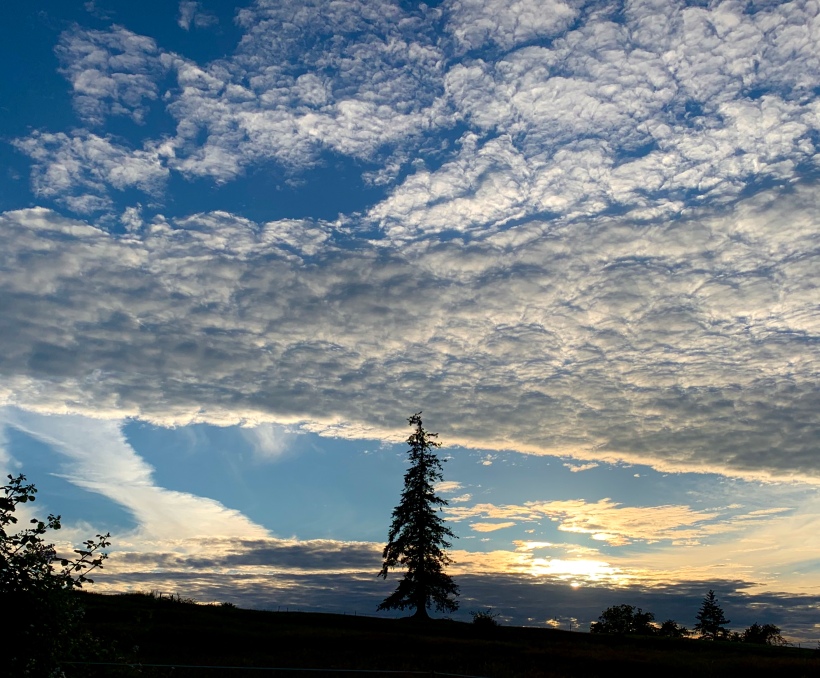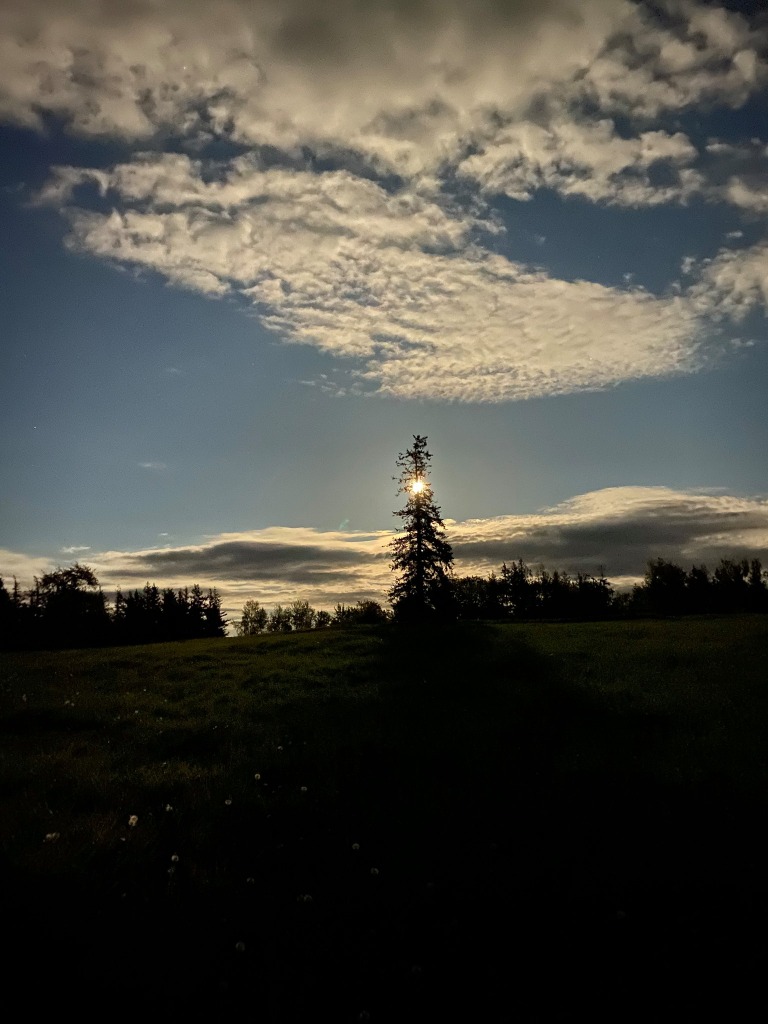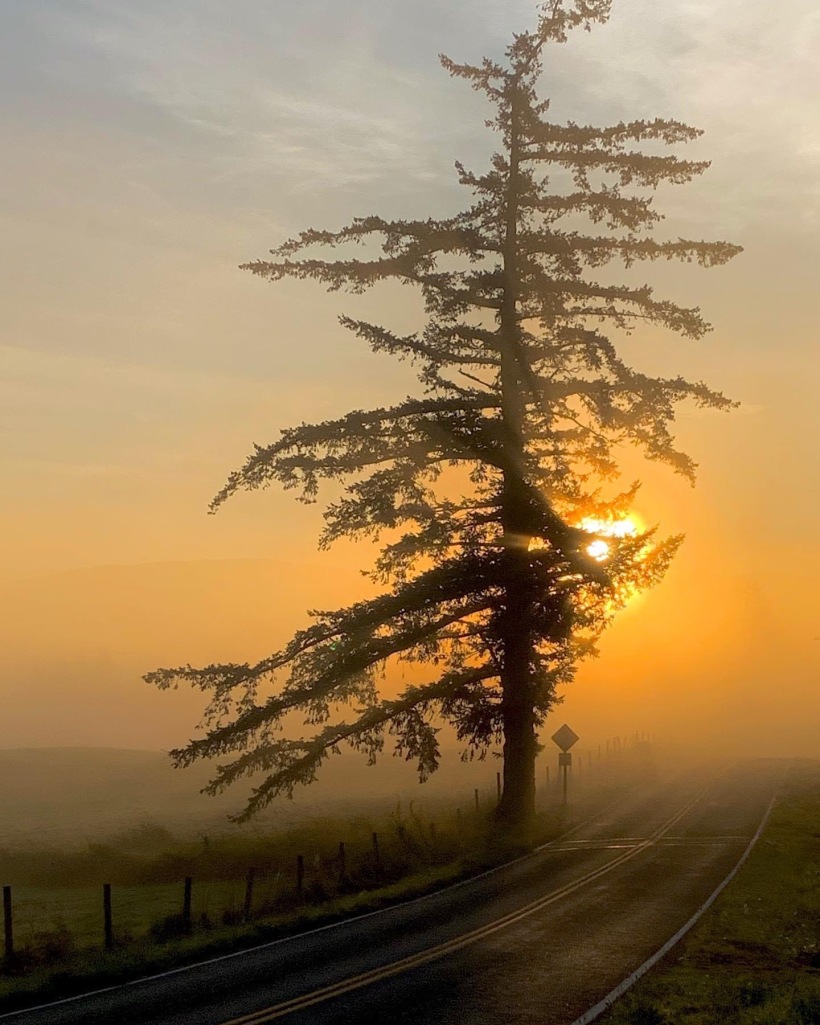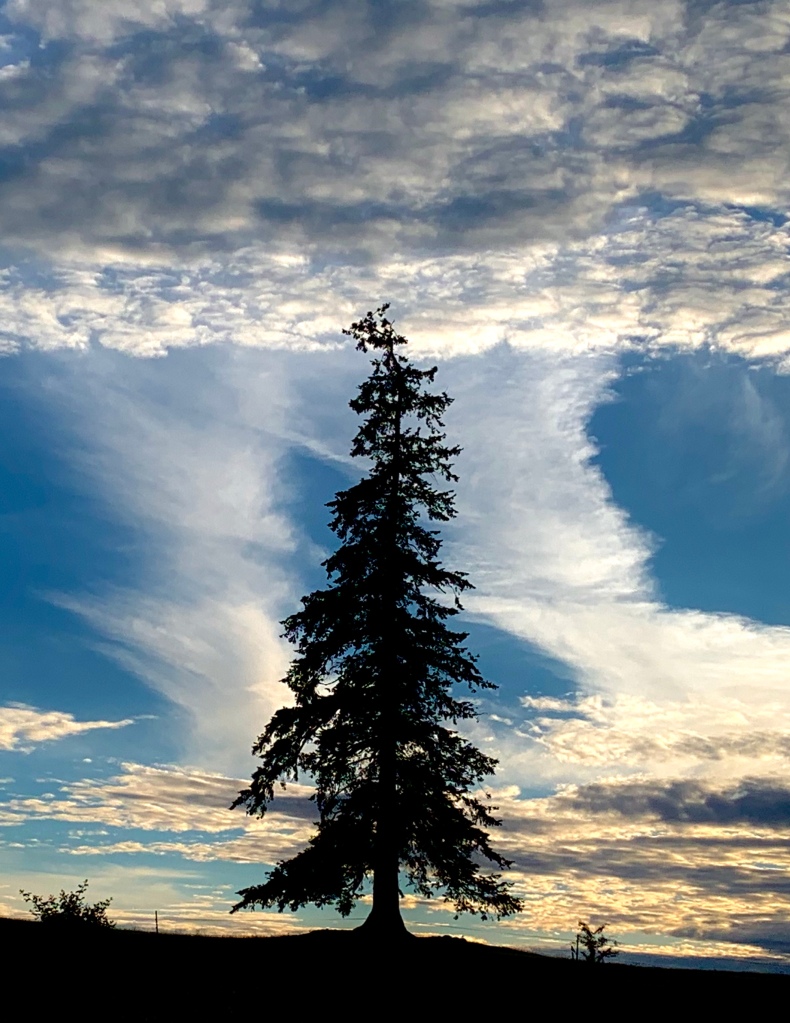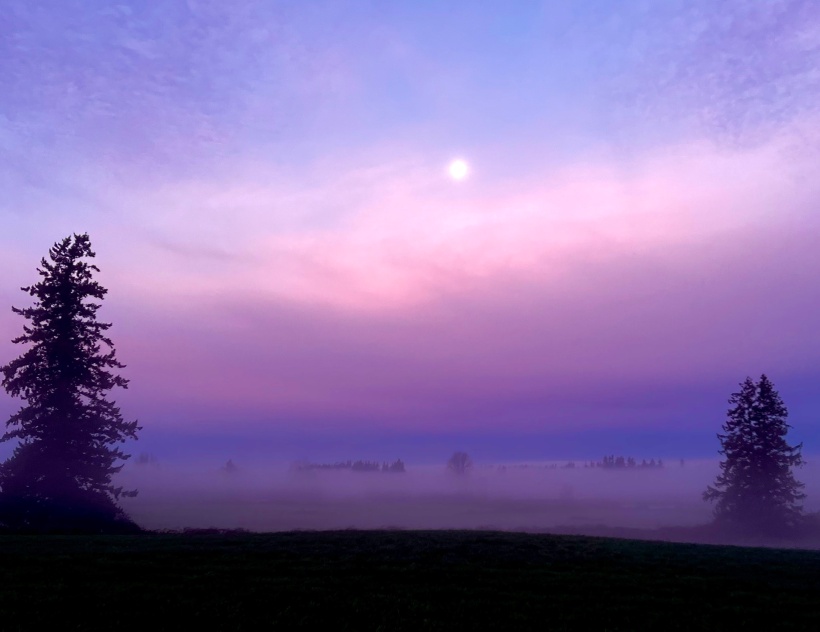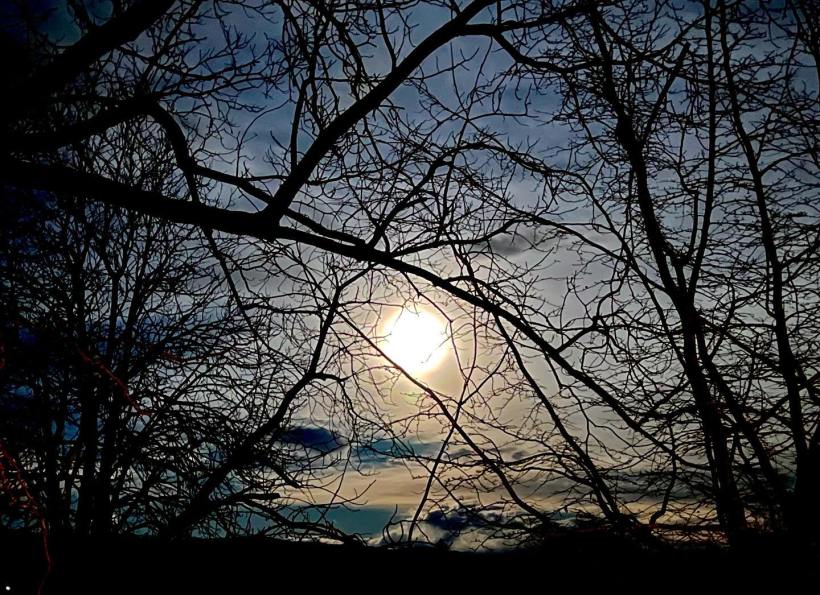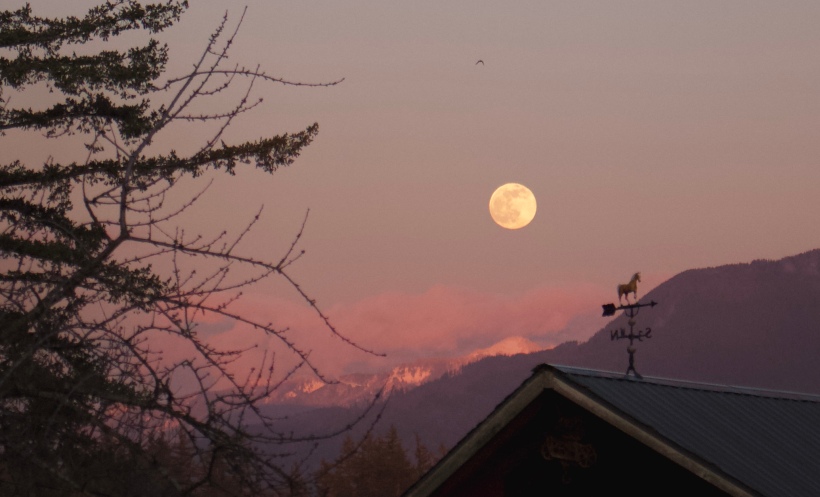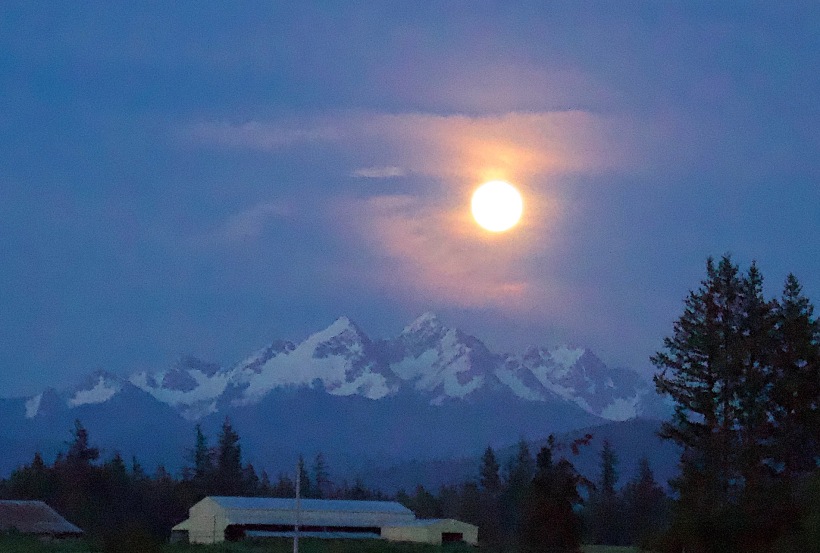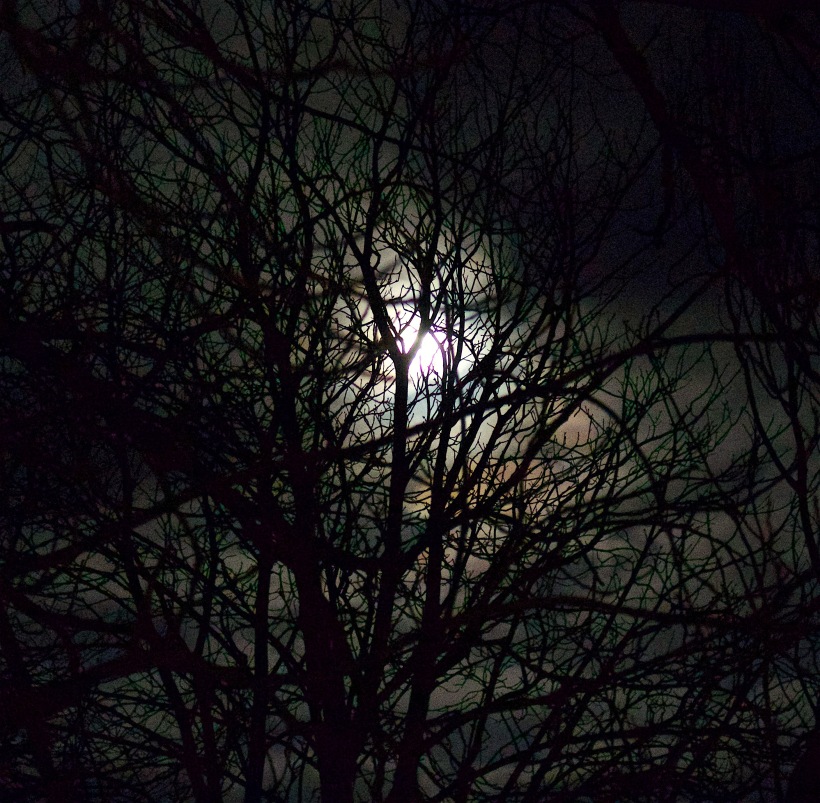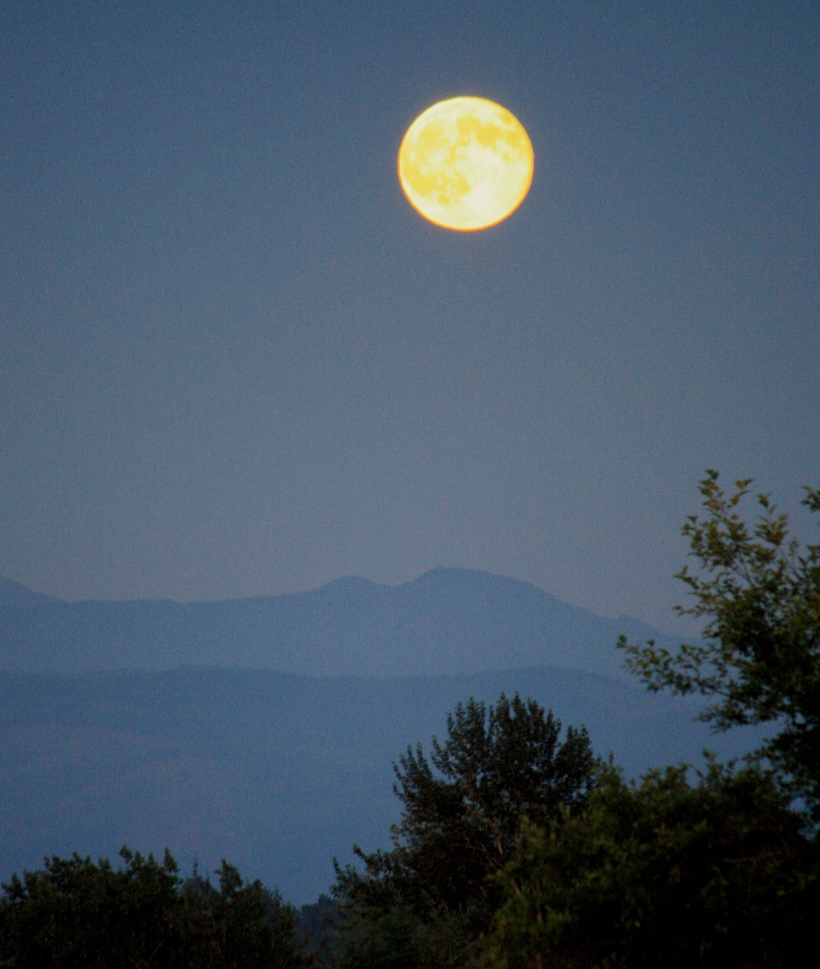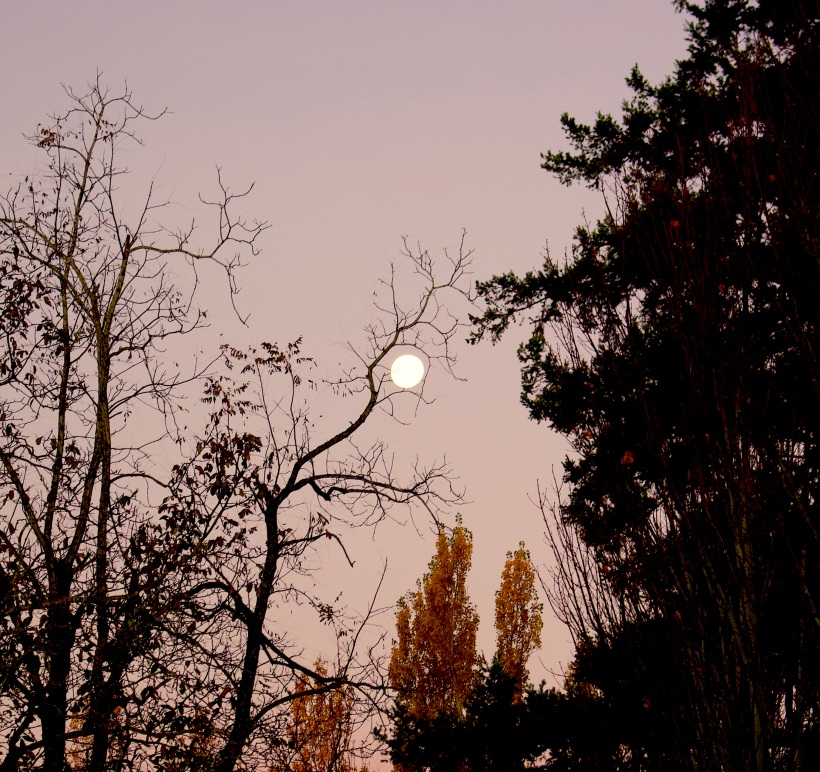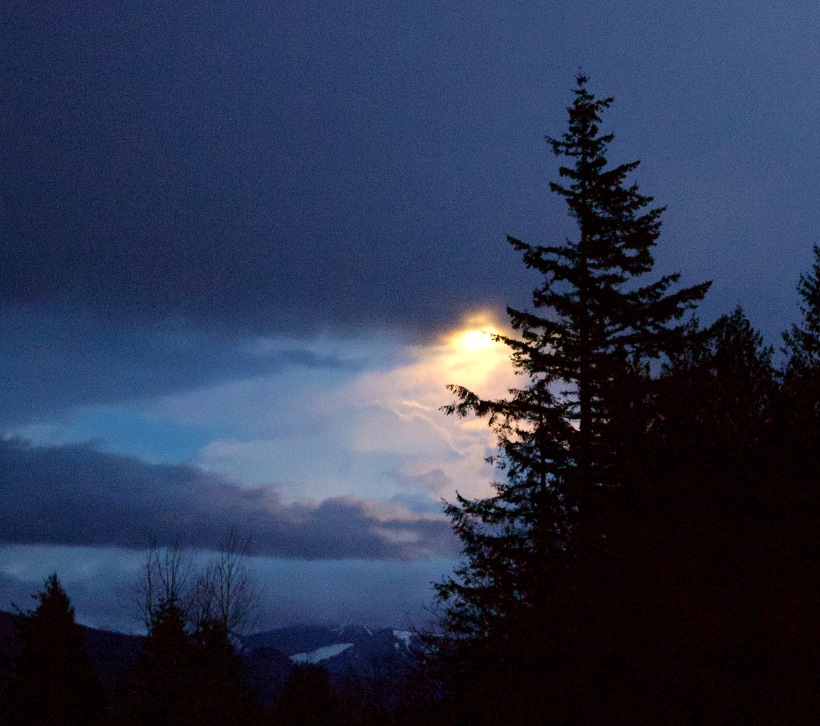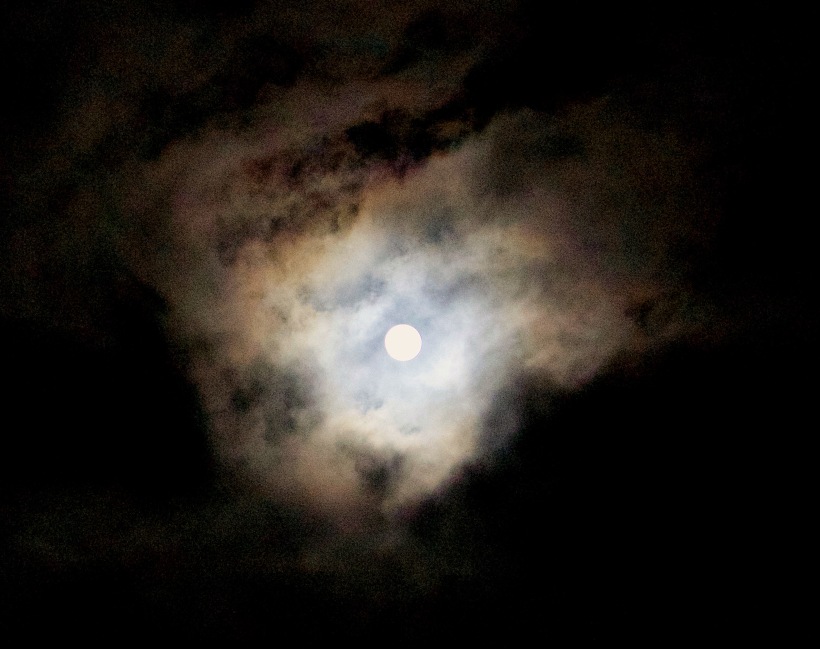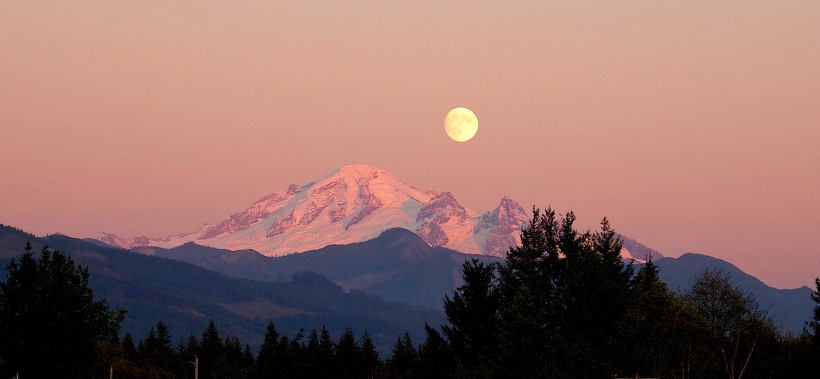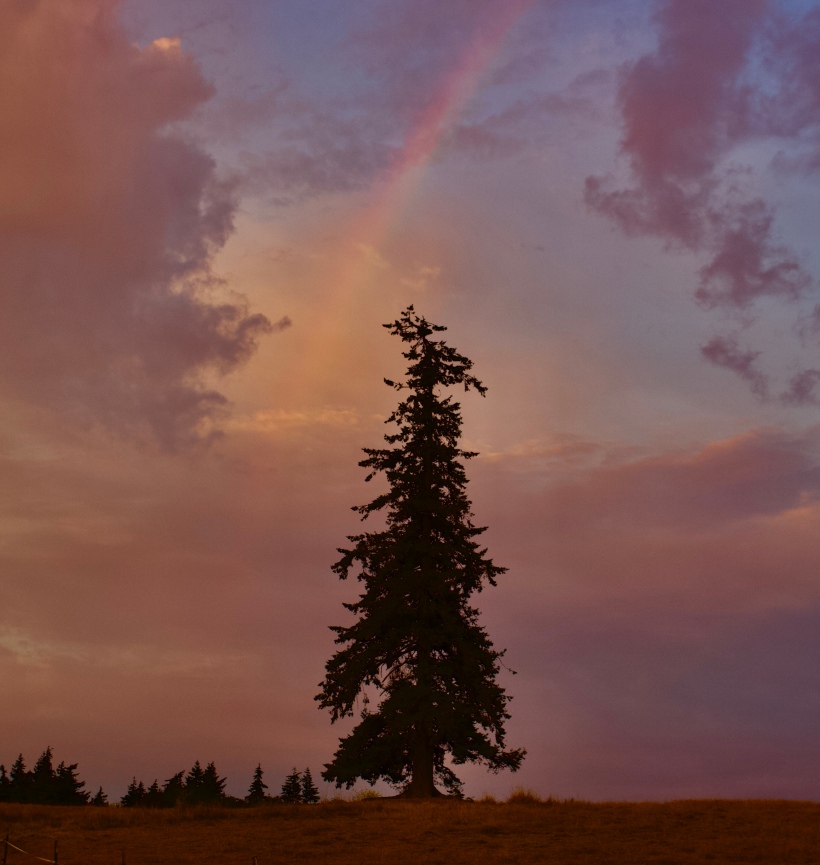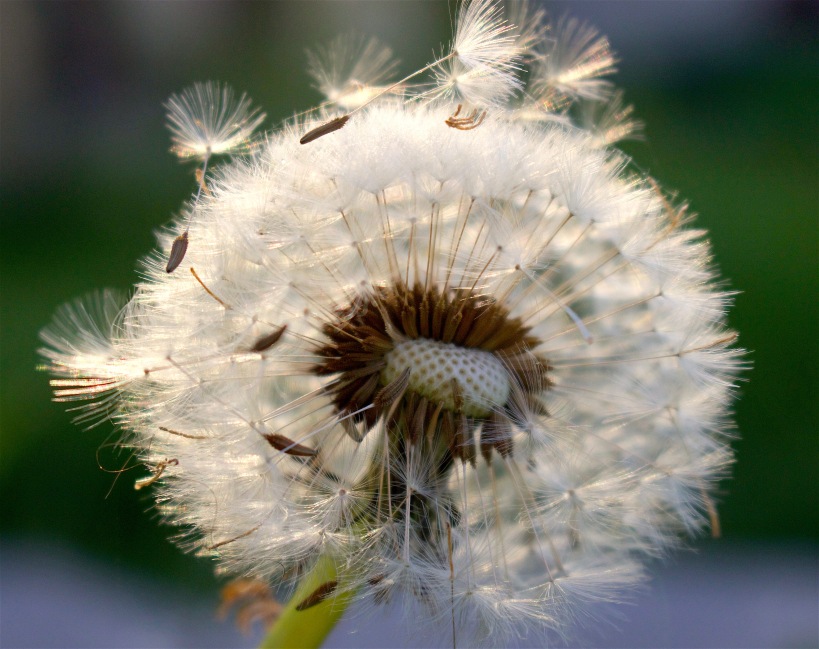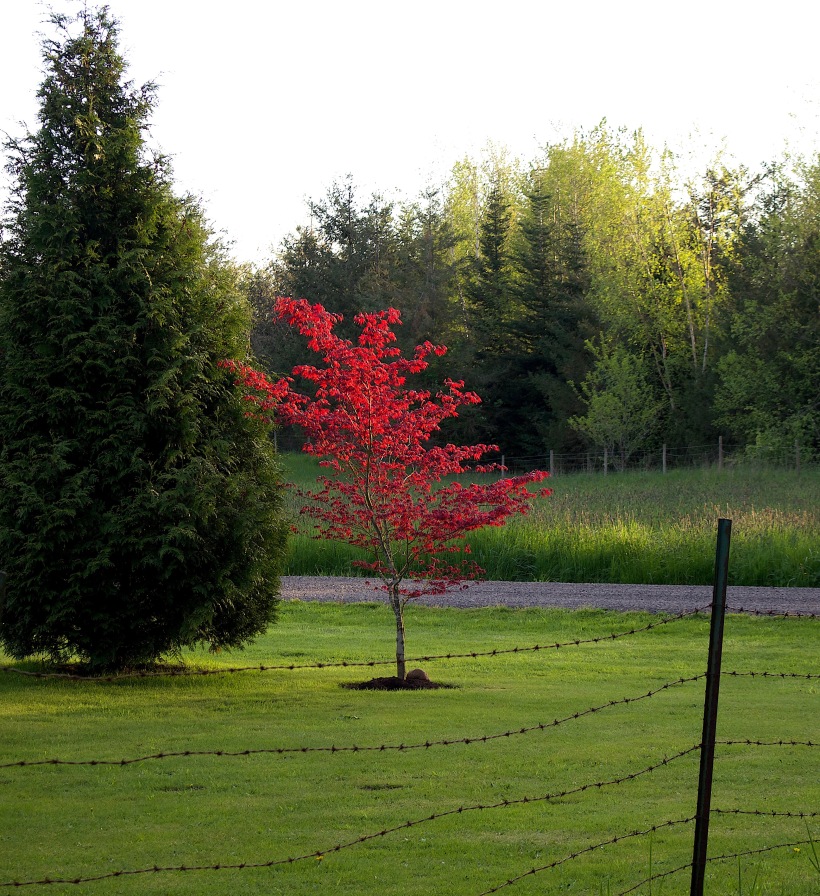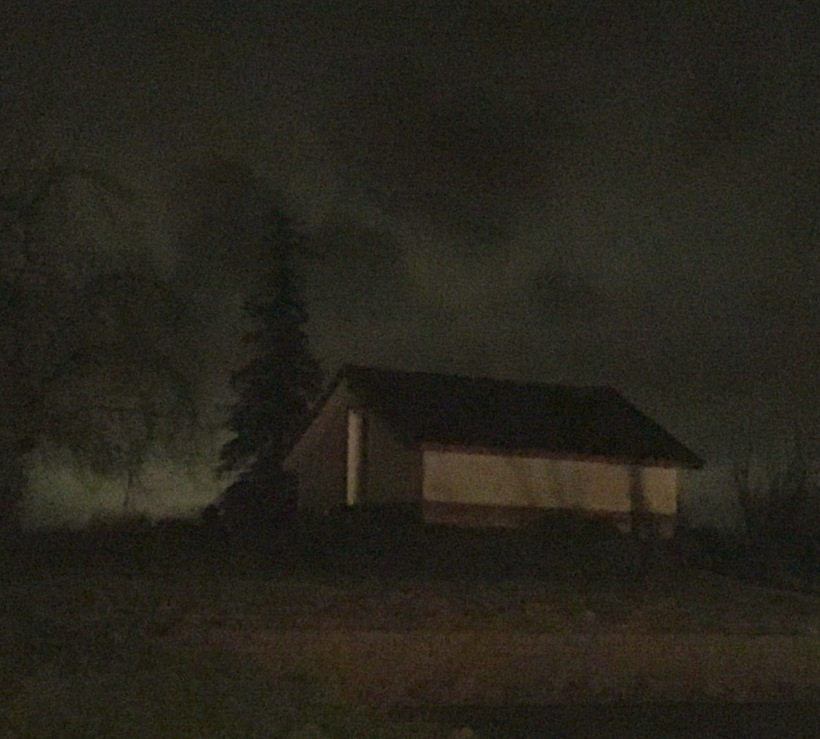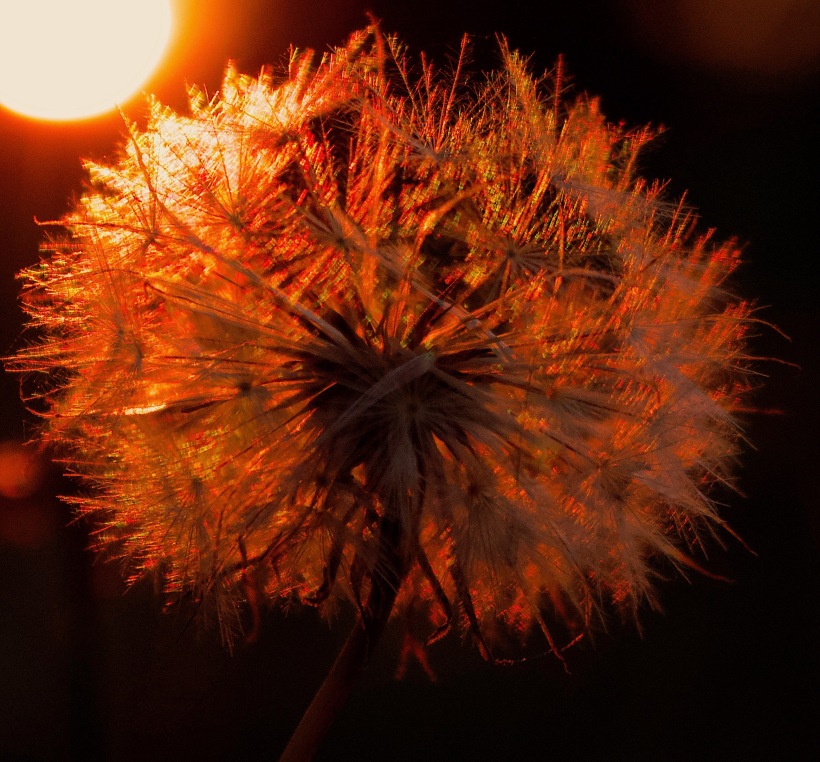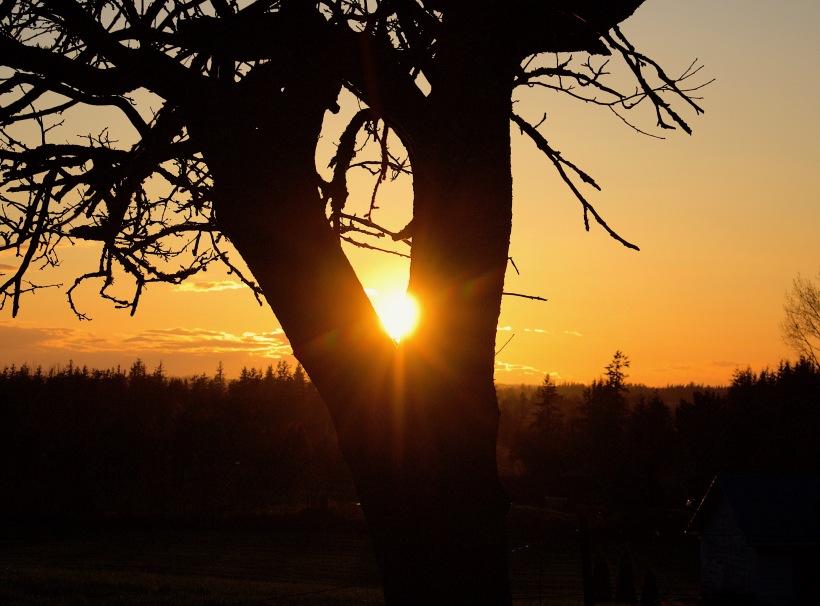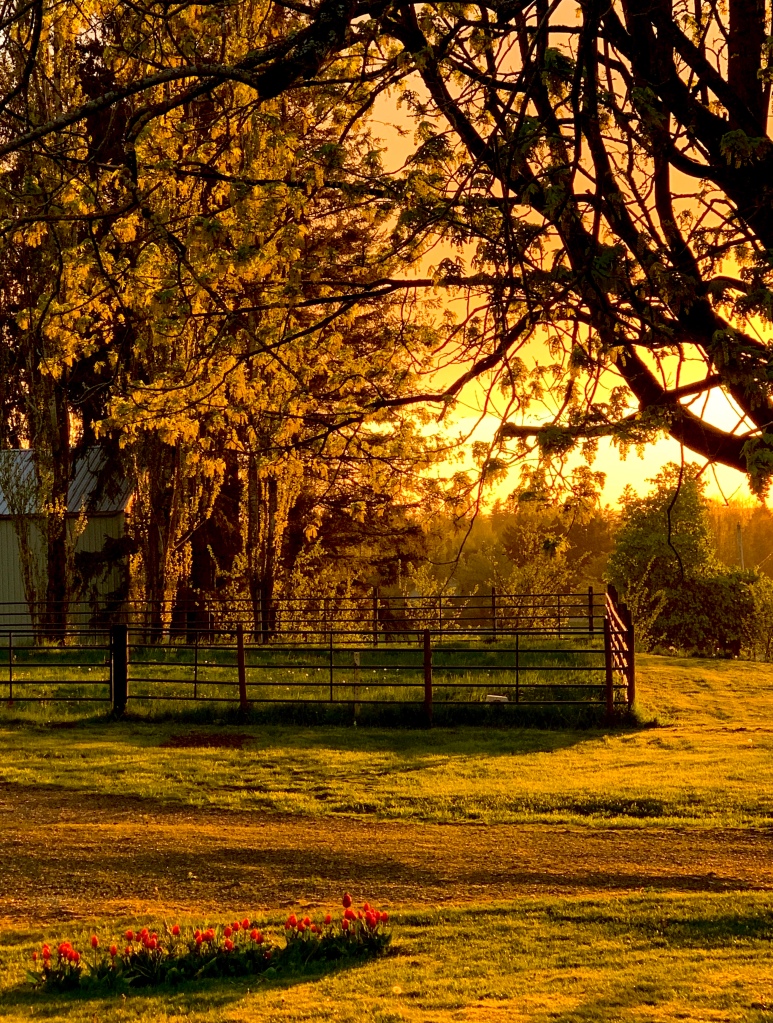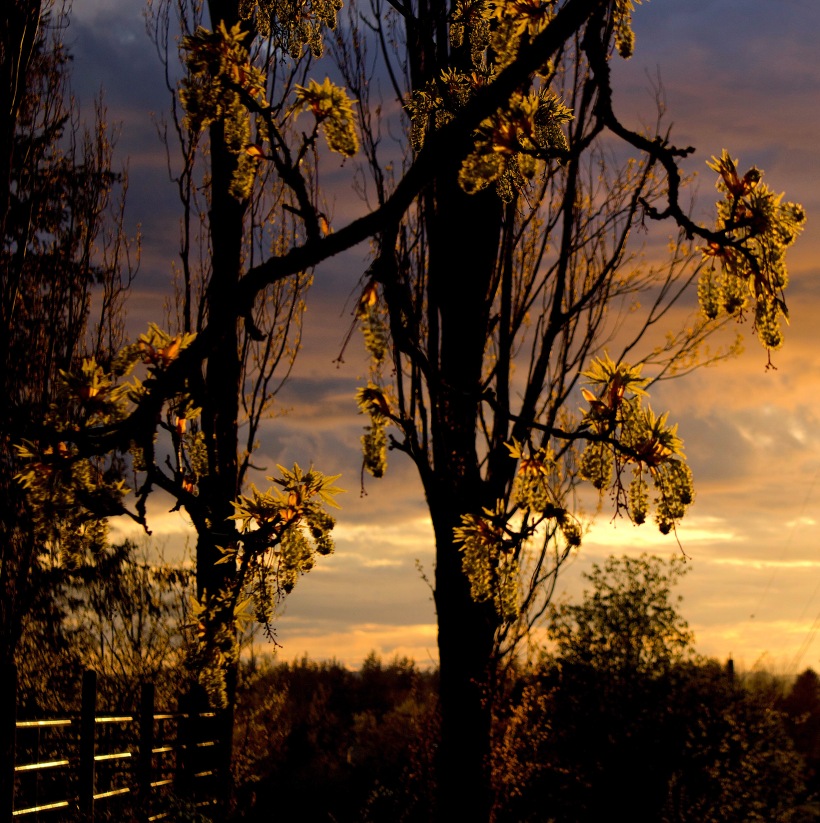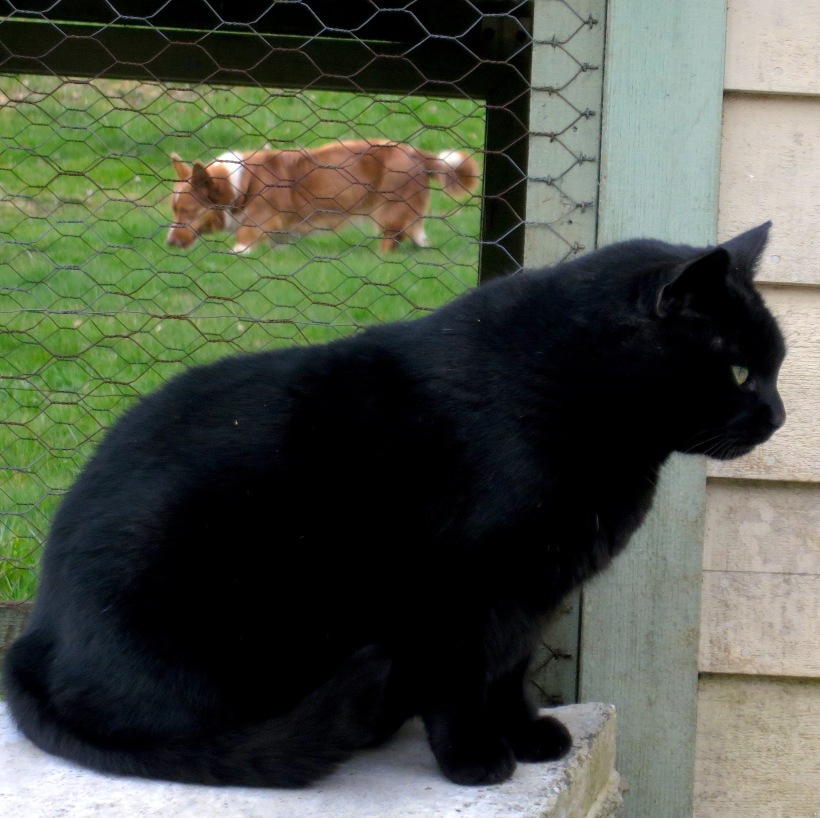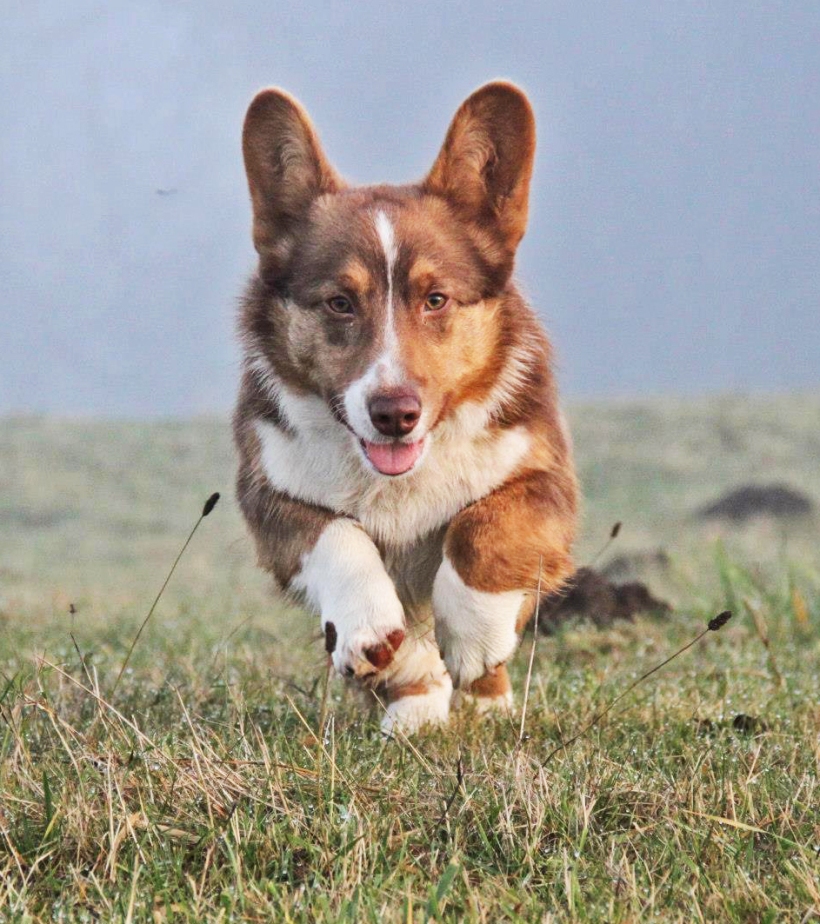

What does it feel like to be alive?
Living, you stand under a waterfall…
It is time pounding at you, time.
Knowing you are alive is watching on every side
your generation’s short time falling away
as fast as rivers drop through air,
and feeling it hit.
I had hopes for my rough edges.
I wanted to use them as a can opener,
to cut myself a hole in the world’s surface, and exit through it.
~Annie Dillard from An American Childhood


I saw a mom take her raincoat off
and give it to her young daughter when
a storm took over the afternoon. My god,
I thought, my whole life I’ve been under her
raincoat thinking it was somehow a marvel
that I never got wet.
~Ada Limón from “The Raincoat”




Mothering can be like standing under a waterfall, impacted breathless by the incredible 24/7 responsibility of birthing and raising children. And a mother does whatever she must to protect her children from also getting soaked in the barrage of each drop of time, knowing they too can feel overwhelmed by the rapid passage of life.
As I tried my best to keep my children covered and dry until it was their turn to raise kids and stand under the same waterfall, my own rough edges have been impacted, smoothed and soothed by the flow of time.
I’m well aware rough edges still surface, unbidden and unwarranted, ready to cut a hole in the world for an escape hatch from troubles. So my children and grandchildren polish me even as I still try to protect them from inevitable downpours.
No longer is my reach enough nor must it be.
Life keeps pounding away, but oh so gentler on grandmothers. I know it is still ruffing and buffing me — each drop of time passing over me becomes a mixed blessing.
Each moment so precious, never to come again, yet leaving me forever and wonderfully changed.



Make a one-time or recurring donation to support daily Barnstorming posts
Make a monthly donation
Make a yearly donation
Choose an amount
Or enter a custom amount
Your contribution is deeply appreciated.
Your contribution is appreciated.
Your contribution is appreciated.
DonateDonate monthlyDonate yearly



